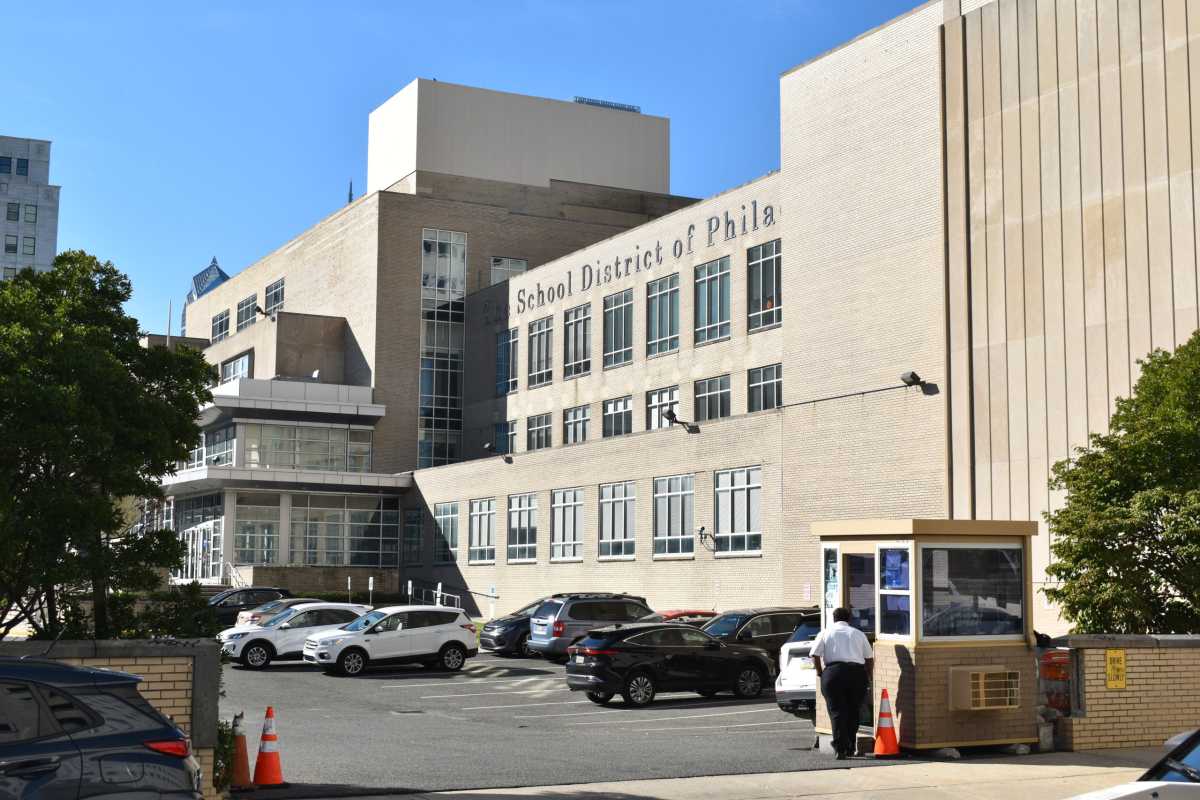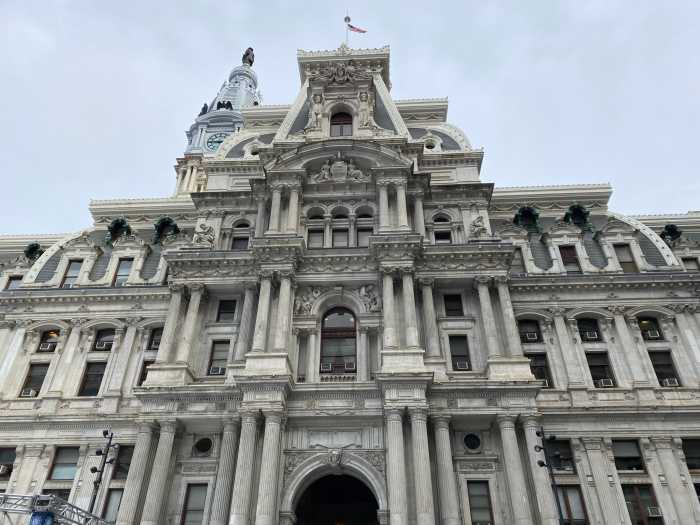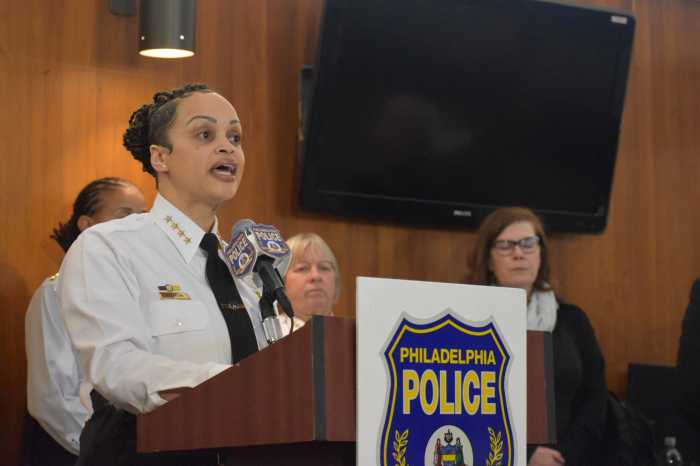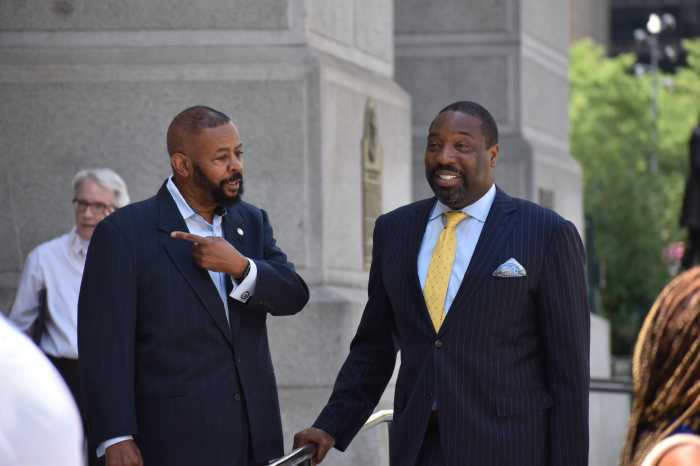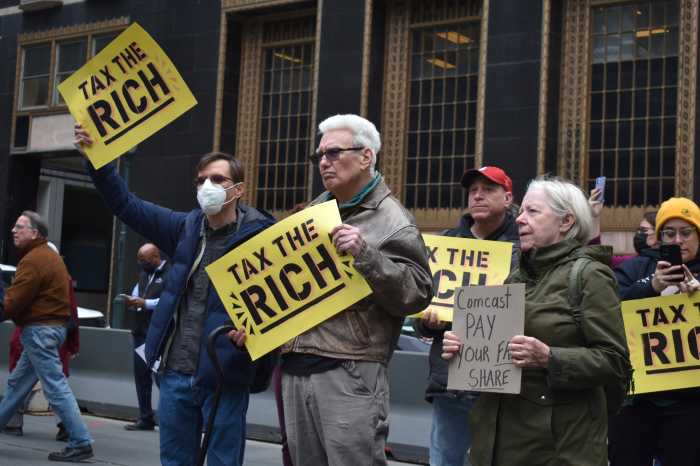Amid another spate of asbestos-related class disruptions, City Council members are considering creating a building authority to address the School District of Philadelphia’s aging facilities.
Proponents of such a body believe a dedicated agency would permit Superintendent Tony Watlington Sr., who’s in his first year on the job, to focus on improving academic outcomes for the city’s public school students.
And Board of Education President Reginald Streeter seemed supportive of the idea when it was brought up during a Council hearing earlier this week.
“I think definitely some type of authority would be helpful,” he said. “Right now, it feels like we’re a city within a city that has to do all the things a city has to do and educate children – as it relates to urban planning and things like that.”
Watlington was also open to the idea, telling lawmakers the concept could be studied by his new facilities project team, which should begin planning work in the coming months.
Exactly how the authority would function – and whether it would be independent or under the auspices of the city or BOE – has yet to be established, said Councilmember Isaiah Thomas.
Thomas, who chairs Council’s education committee, told Metro the legislative process to create a building authority is “in the preliminary conversation stage.”
“A school building authority, we think, would represent the best interests of City Council, the school board, as well as the school district and, most importantly, our young people,” he said.
The idea isn’t new. Council adopted a resolution early last year to form a school building authority working group, though it’s unclear what came out of that effort.
Since 1988, New York City has had a School Construction Authority, led by three mayoral appointees, and Washington, D.C., also has an agency other than the school district to oversee building issues.
Thomas brought legislators and union leaders together two weeks ago for a news conference to call on the school district to develop a facilities plan.
He, and other speakers at that event, expressed the belief that Philadelphia schools should be aiming to secure a piece of the state’s hefty budget surplus and taking advantage of a recent Commonwealth Court decision that ruled that Pennsylvania’s school funding system for poorer districts is unconstitutional.
“If we’re not going to at least put a huge down payment on this right now, when will it happen?” Thomas said in an interview Tuesday.

Watlington, during Monday’s virtual Council hearing, cited a 2017 analysis that found that the district had $4.9 billion in deferred maintenance and would need nearly $8 billion over the ensuing decade to address building-related issues.
“We know that number is likely higher now, given inflation and other cost increases,” Watlington said.
That report also determined that 85 of the school system’s 300 buildings should be slated for major renovations and recommended administrators consider replacing or closing 21 buildings.
Most recently, asbestos has forced the closure of Building 21, a high school in West Oak Lane, and caused disruptions at Mastery Charter’s Simon Gratz High School.
Oz Hill, the district’s interim chief operating officer, said the damaged asbestos, in both cases, was found during thorough inspections scheduled to occur every three years.
“In the coming weeks and months, we expect more damaged asbestos to be identified,” Hill said. “This is not an indication of a program failure. That means the system is working.”
In November, Watlington decided to pause the facilities planning process, preferring to focus on his district-wide strategic plan; however, during the Council hearing, he said he was in the process of putting together a facilities project team.
That team, made up of internal and external stakeholders, should be finalized sometime next month, Watlington told legislators. They will identify important building projects to prioritize, he added.
“There will be some hard decisions that have to be made here in the school district, but we won’t be sitting here six, seven, 10 years from now having the same conversation,” he said. “I can assure you of that.”
Thomas described Watlington’s presentation as “a good first step.”
“We need a little bit more to be able to go to Harrisburg and feel comfortable asking for billions of dollars,” he told Metro.



